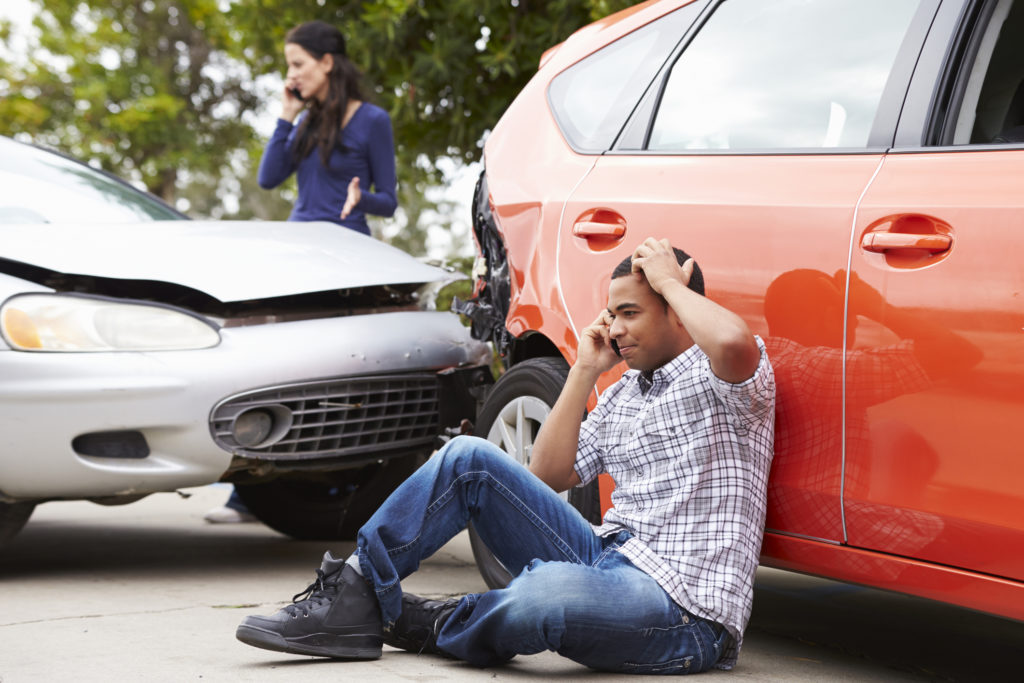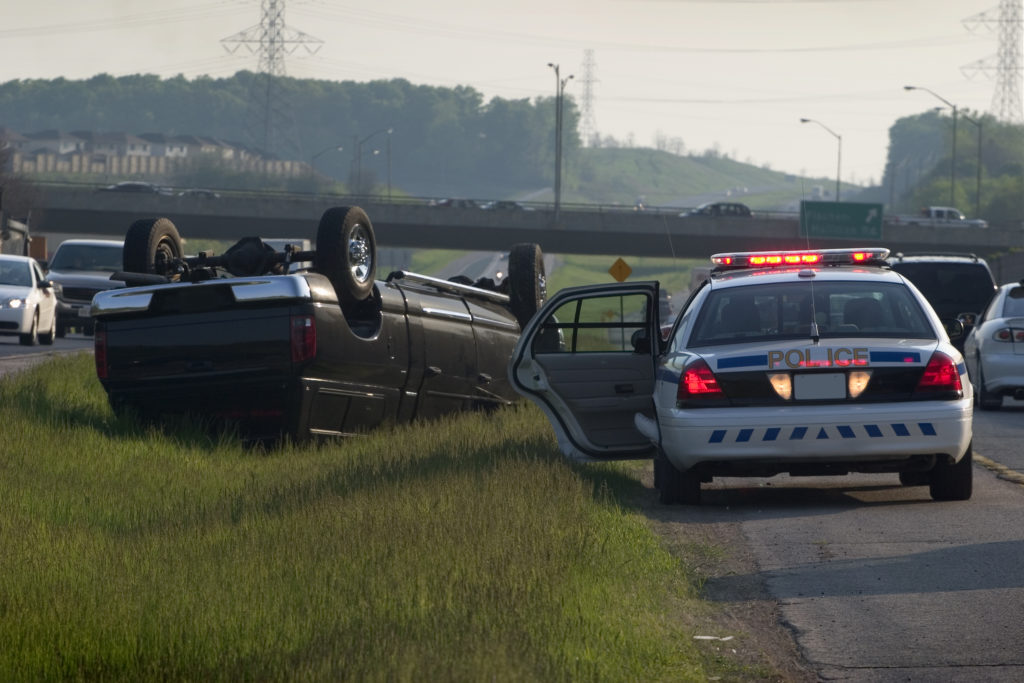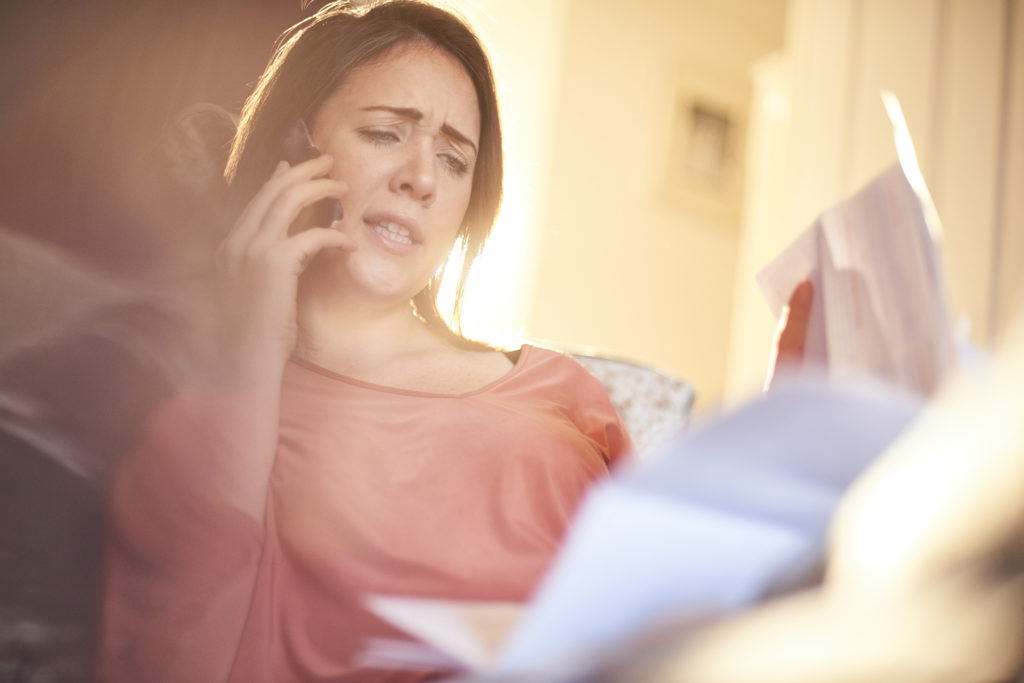
It’s very common that more than one person was at fault in an accident. And who gets injured in an accident doesn’t indicate who was to blame. Determining fault, degree of fault, and subsequent compensation in an auto collision is a complicated process and varies by state. In Arizona, you are entitled to partial compensation if you are partially liable.
Let’s delve into how fault is determined, the liability laws in different states, and what you need to do after an accident to make a stronger case.
Liability in different states
Each state has laws that determine the amount of compensation in an auto collision based on the degree of fault. Arizona adheres to the theory of pure comparative negligence, which determines compensation according to the percentage each person is at fault in the accident. If you are partially to blame, you can still receive partial compensation. If 30 percent of the accident is your fault, you can receive 70 percent compensation for medical care and other expenses.
To find out what kinds of compensation, or “damages,” you may be entitled to following an accident, read our detailed article here.
The few states that follow the doctrine of pure contributory negligence determine that if the accident is in any way your fault, you cannot collect any compensation. Even if the accident is only 5 percent your fault, you will not receive compensation.
Another type of law, modified comparative negligence, limits your ability to collect compensation. For example, in some states you can receive compensation if you are less than 50 percent liable for the incident.
Determining fault in an auto accident
After an accident, the police, you, and any attorneys involved will gather evidence including photographs of the vehicle damage and road conditions, witness statements, and each driver’s account of the accident. The police will determine if any traffic laws were broken and who was at fault. He or she will file a police report outlining the details of the accident. The police officer’s conclusions will be crucial evidence in an insurance claim and legal case. However, the officer’s assessment can be disputed. Always ask for the police officer’s name and badge number, the police report number, and a copy of the report.
If the accident was completely your fault, contact your insurance company and file a claim under your collision coverage. If the accident was totally or partially the fault of the other driver, contact both your insurance company and the other driver’s insurance company.
When you and/or the other driver make an insurance claim, the insurance company will take the police report into account. The company will also take into consideration any medical reports filed by doctors and emergency medical responders.
If you engage the services of a personal injury attorney, he or she will also conduct an independent investigation. The lawyer may interview witnesses, speak to physicians, consult with accident re-creation specialists, subpoena video footage, and much more.
All of this evidence will be considered in an insurance claim and, if necessary, in a lawsuit.
What to do after an accident
Before liability is determined, you’ll need to do several crucial things to help strengthen your case:
• Call the police and ask them to respond to the scene. Tell the officer what happened. Remain calm and cooperative. Be completely honest and state only the facts. Do not admit fault or partial fault.
• When speaking to anyone involved in the accident, also state only the facts. Don’t admit fault or even apologize. This could make you seem guilty later.
• Get as many witness statements as you can, or seek out witnesses and get their contact information. Take numerous photos of the accident, the scene, the road conditions, and your injuries. These photos will help you and your lawyer build a stronger case. Click here for a detailed list of evidence you should gather at the scene.
• Seek medical attention as soon as possible, even if you don’t feel you are seriously injured. Shock and adrenaline commonly eclipse pain in the hours immediately following an accident. If you wait until pain surfaces later on, your injuries probably won’t be accounted for in your claim.
• Consult with an experienced personal injury attorney before discussing the case with the other driver’s insurance company. Insurance companies always try to settle for less than you deserve. An attorney can advise you on your rights and legal options. He or she will also handle all the communication with the insurance companies in a way that preserves your best interest. Your attorney will also know the laws for your state and will get you the most compensation possible.
The Lamber-Goodnow Injury Law Team offers free consultations for individuals involved in auto accidents. We only get paid if you get paid.
Do I Need a Police Report When I Am in an Accident?

When you are involved in an auto accident, you should first check to see if anyone is injured. If someone is injured, immediately call 911. While you are waiting for emergency responders, provide any medical assistance you can to the injured person. If no one is injured, then proceed to assess any damage to the vehicle(s).
If it is only a minor fender-bender that results in no injuries and no damage or merely a tiny dent, it is not necessary to get a police report. However, you should always exchange contact and insurance information with the other driver(s), passenger(s), pedestrian or cyclist involved.
Contacting the Police After an Accident
If one of the vehicles has sustained a large dent or more severe damage, you should call 911 and ask for an officer to respond to the accident. The officer will evaluate the scene of the accident. He or she will search for clues to identify who is at fault and to what degree. The officer will check the damage on the automobiles, talk to any witnesses, and determine if any traffic laws were broken.
The police will also ask questions of you and the other person/people involved. Be truthful and cooperative. But also be very careful what you say to the officer and to the other driver. Only discuss the facts, not your opinion or theories. Do not admit that you were at fault or partially at fault. Such a statement could be used against you in an insurance claim and a legal case. You may not be fully aware of the facts that contributed to the accident. Some of us are socially conditioned to take more blame on ourselves than we should because it seems like the nice and right thing to do. It is not the wise thing to do in the event of an auto accident.
You should also get the police officer’s name and badge number, the police report number, and a copy of the police report.
Q: Why You Should Get a Police Report?
A: There are several reasons you should obtain a police report. You and the other driver will almost certainly be making an insurance claim, and your case will be significantly improved if you have a police report. Also, it often happens that even though the vehicle damage is slight, the other driver will later claim severe injuries and damage. A police report can prove invaluable in such disputes, as insurance companies consider police officers trustworthy and impartial. And in the unlikely event that the case goes to court, a police report could end up being a deciding factor in the outcome of the case.
Q: What If There Is Vehicle Damage But I Don’t Feel Injured?
A: If there is more than slight damage but you don’t feel you’re really injured, you should still seek medical care. It is highly possible that due to shock and adrenaline, you cannot yet feel your injuries. Often people do not realize they have whiplash, for example, until the day after the accident. If you later realize you have been injured but did not seek medical attention following the accident, you may not be able to claim those injuries in an insurance claim.
Q: What if the Police Aren’t Available?
A: When you call 911 and ask for an officer to respond, the 911 respondent will inform you if there are officers available to come to the scene. They will also walk you through the steps you should take after the accident. The police usually have no problem showing up at the scene. However, sometimes there are numerous other incidents police are responding to, and no officer is available. The emergency respondent at 911 will inform you what to do in that case as well.
If you have not already done so, move the vehicles to prevent them from impeding traffic, if possible. Exchange information with the other driver. Get the other driver’s name, address, phone number, email, insurance information, license plate number, and the make and model of their vehicle. Also get the contact information of any passengers. It’s possible that injured passengers may later make an insurance claim.
Take photographs of the vehicle damage, the road conditions, and anything else that may have contributed to or been damaged during the incident. Seek out witnesses and get their contact information as well.
For more details on what to do after an accident, consult our detailed article here.
Should I Notify the Other Driver’s Insurance Company of the Auto Accident?

There is no short, sweet answer to this question. If you were involved in an auto accident that was wholly or partially someone else’s fault, you will need to notify the at-fault driver’s insurance company. However, you should definitely not make a recorded statement to the other driver’s insurance company before you have consulted with an attorney. In most cases, it’s also not wise to enter into discussions with the other driver’s insurance company until you have consulted with an attorney.
Here’s why.
What happens after an accident
If the other driver was totally or partially to blame for the accident, you may be entitled to what is known as “damages.” These may include reimbursement for medical care, physical therapy, a rental car, lost wages if you were unable to work, and compensation for your pain and suffering. These damages would be paid for by the at-fault driver’s insurance company.
Since Arizona is a “comparative negligence” state, you and the other driver will be compensated according to the percentage you were both to blame for the accident. If you were 30 percent at fault and the other driver was 70 percent liable, you could be compensated for 70 percent of the total amount of damages.
For more information on what damages you may be entitled to, read our article here.
The insurance company’s modus operandi
An insurance company is a business, and no business wants to constantly pay out tens or hundreds of thousands of dollars. The at-fault driver’s insurance company is motivated to pay you as little as possible. The insurance adjustor may say you were totally liable for the accident, and that their driver did nothing wrong. He or she may say both drivers were liable, but their driver was less to blame than you claim. The insurance agent may adopt a friendly tone and subtly induce you to admit some of the blame. Or he or she may pressure you to settle quickly by offering a “one time only deal” that is actually much less than you deserve. It isn’t personal; it’s just business.
You may be tempted to take a quick settlement because it’s easier and you may be in need of money to cover your costs. But do not accept a settlement from the other driver’s insurance company until you have consulted with an experienced personal injury attorney.
Notifying the insurance company
After an auto accident, whether you were at fault or not, you should inform your own insurance company. We’ve written about the benefits of doing this, and how you should go about it, in more detail here.
As to whether you should notify the other driver’s insurance company, the answer hinges on the meaning of the word “notify.” If you are simply informing the insurance company that an accident has occurred and not making any kind of official statement, you are probably fine merely informing them. However, even this can be problematic in some cases. If you feel you may have a difficult time getting what you deserve from the other driver’s insurance company, and/or if you were severely injured and a lot of money is at stake, you would be wise to consult with an attorney before notifying the company.
If you merely want to notify the other driver’s insurance company but they want to get into lengthy discussions or pressure you to make a recorded statement, politely decline. Say you would like to consult with your attorney first.
How can an attorney help your claim?
The Lamber-Goodnow Personal Injury Law Team offers free case evaluations to people who have been involved in an auto accident. There is no obligation. There are no upfront costs. We get paid only if and when you receive a favorable settlement.
An experienced attorney will first determine whether the other driver was negligent and discuss your injuries, your medical bills and other costs, and your legal options.
If you decide to retain the attorney, he or she will conduct a full investigation. This may include examining police reports, the accident scene, photos, witness testimonies, and medical records. Your attorney may consult with accident reconstruction experts, medical experts and technical experts. In some cases, your attorney will subpoena video surveillance footage and information from the vehicle’s black box.
Your attorney will then submit a demand letter to the opposing party. The Lamber-Goodnow Personal Injury Legal Team goes a step further than many other attorneys. We send a demand package on an iPad loaded with videos, photos and all the documentation.
An experienced attorney will also handle all the communication with the other driver’s insurance company and attorneys. For more information on the step-by-step process of a personal injury claim, read our article here.
For more information on what you should do after an accident to help build a strong personal injury claim, read our article here.
